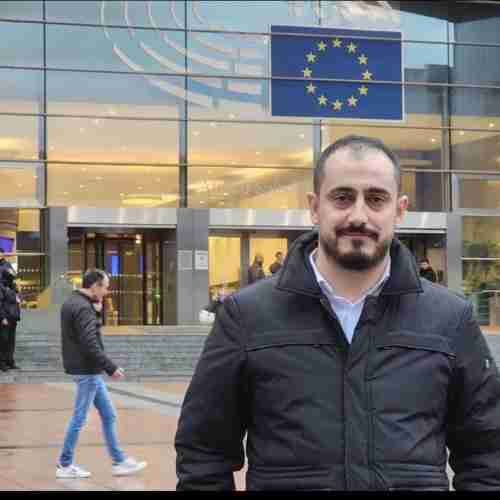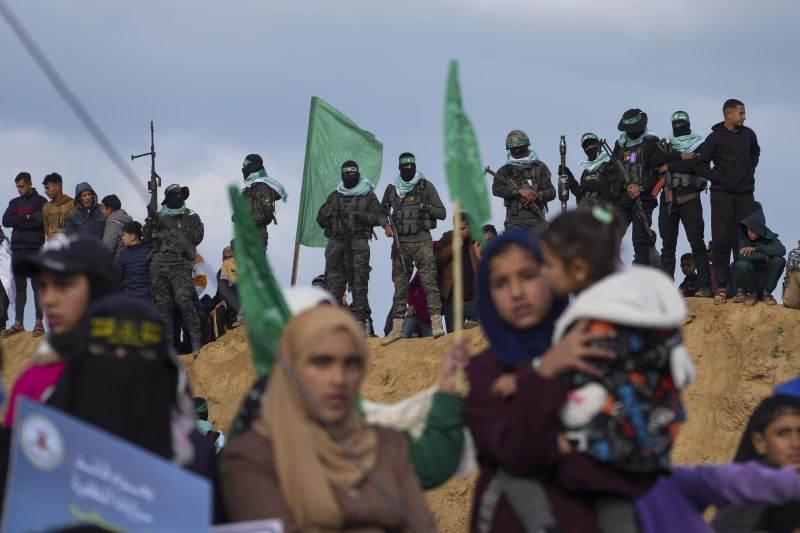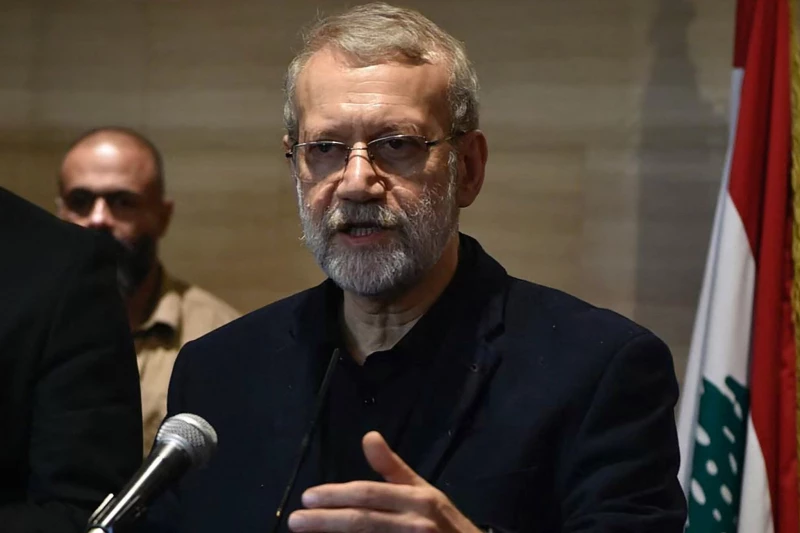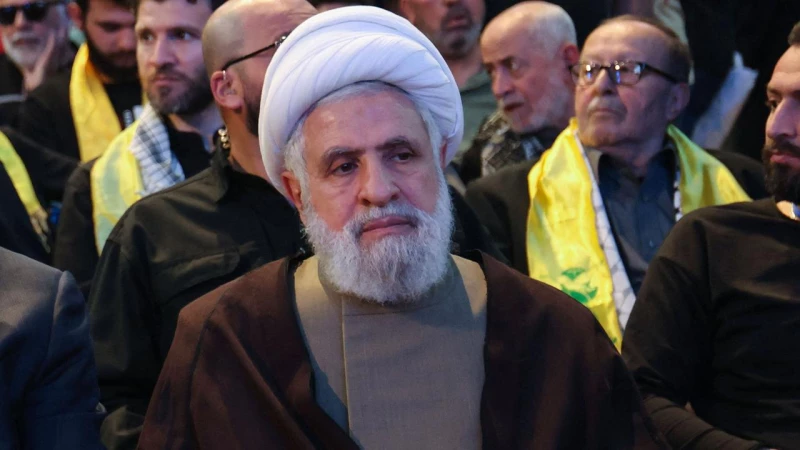ERBIL, Kurdistan Region of Iraq - Lebanese Prime Minister Najib Mikati on Friday condemned Israel’s overnight raids on the southern suburbs of the capital Beirut, saying the renewed strikes indicated a “rejection” of all the efforts being made towards a ceasefire.
"The Israeli enemy's renewed expansion of the scope of its aggression on Lebanese regions, its repeated threats to the population to evacuate entire cities and villages, and its renewed targeting of the southern suburbs of Beirut with destructive raids are all indicators that confirm the Israeli enemy's rejection of all efforts being made to secure a ceasefire," Mikati said in a statement on Friday.
Israel pounded Beirut’s southern suburbs in the early hours of Friday, the first attack of its kind in nearly a week.
According to Lebanese National News Agency (NNA), the raids have left "massive destruction in the targeted areas, as dozens of buildings were leveled to the ground, in addition to the outbreak of fires."
Israel’s renewed strikes came a day after Prime Minister Benjamin Netanyahu discussed a possible deal to end the war in Lebanon with a visiting US delegation headed by Amos Hochstein.
Hours before Israel struck Beirut, the Israeli military had claimed that seven civilians were killed in central Israel due to Hezbollah's rockets, vowing the group's attacks would not “go unanswered.”
Over 1,800 people have been killed in Lebanon since Israel began its attacks on Lebanon on September 23, according to data from the Lebanese health ministry.
Lebanese PM Mikati on Wednesday said that US Deputy Assistant to the President and Senior Advisor for Energy and Investment Hochstein had told him during a phone call that a truce in the Israel-Hezbollah war was possible before the US elections.
On the same day, Sheikh Naim Qassem, Hezbollah’s newly appointed secretary-general, delivered his first public address, saying they were ready to negotiate a ceasefire while pledging continued resistance against Israel and expressing firm support for Gaza.
Qassem, who succeeded longtime leader Hassan Nasrallah, promised to carry forward his predecessor’s mission and asserted that Hezbollah would address what he described as critical regional challenges.
“We face many sacrifices ahead, but we are confident that victory will be ours,” Qassem said in the televised speech, outlining his vision for the group under his leadership. “Today, in Gaza, Lebanon, and across the region, we are facing a significant project aimed at confronting the resistance.”

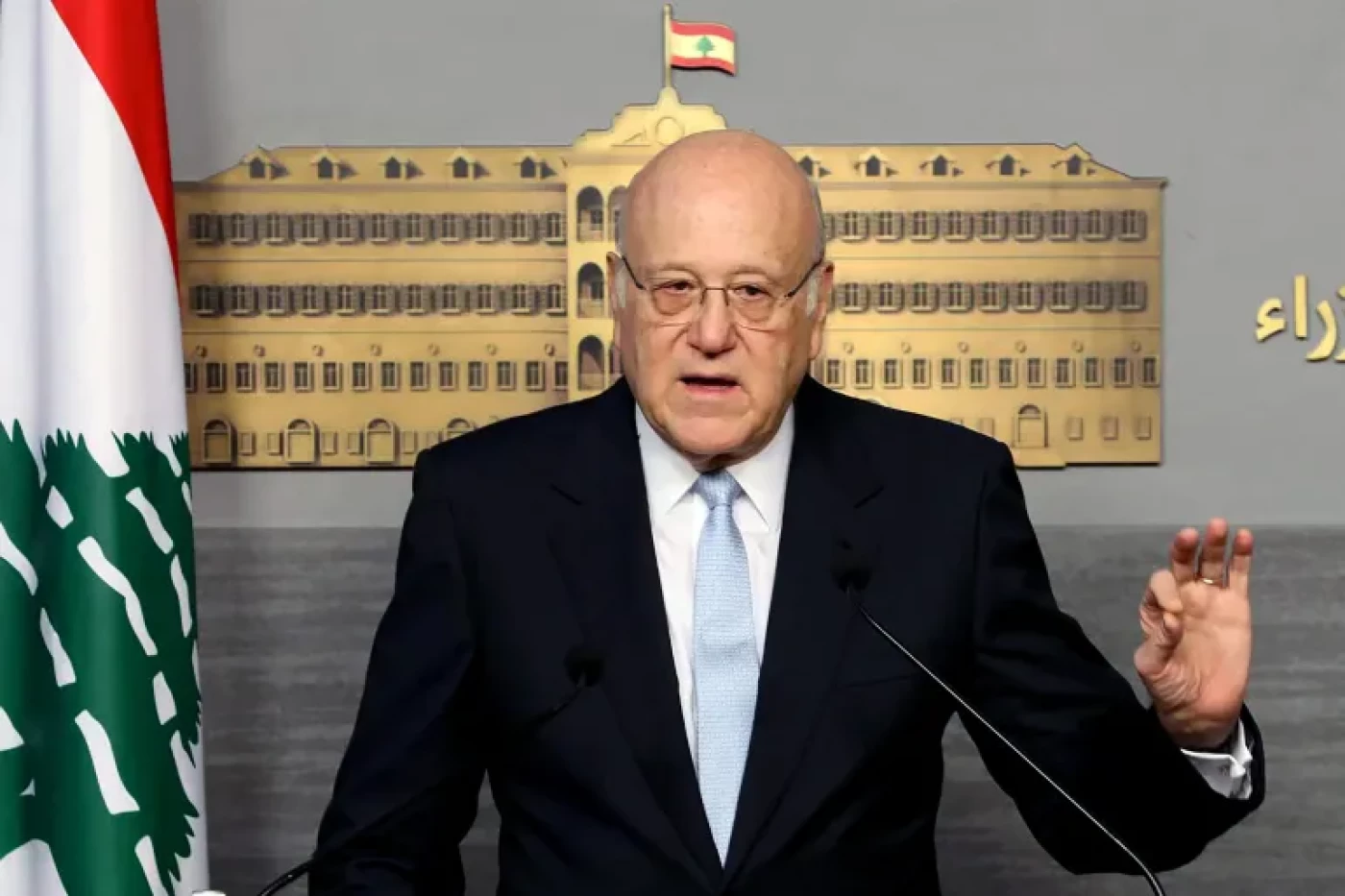
 Facebook
Facebook
 LinkedIn
LinkedIn
 Telegram
Telegram
 X
X
